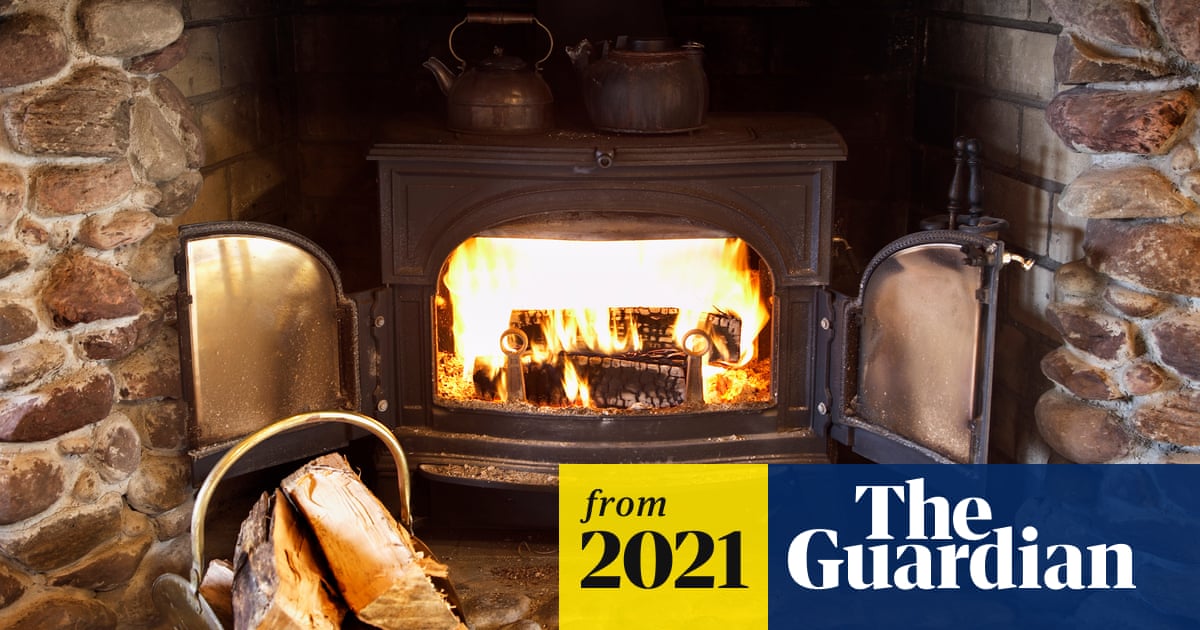Originally posted by oddoneout
View Post
Another way in which there are policy failures is in the adoption of nudge influencer policies. These are not in themselves an obviously bad idea - the notion that getting some people to act in such a way that others will follow their example - but there are major problems. In order for those to work in many cases sufficient numbers of people have to have surplus cash to install the appropriate equipment (such as heat pumps, solar panels, EVs) - but that is seen as unfair and giving an advantage to "the rich". In some cases there isn't necessarily a relative cost disadvantage between poorer and better off members of our society in terms of actions, but we have seen over the last few years that it's hard to ensure that most people buy into that idea. For example, 50 or more years ago many people did not have a relatively expensive annual holiday - and certainly not one which involved foreign travel - even by road, rail or sea - rather than air travel. Now most people in the UK assume it's their "right" to have at least one foreign holiday each year, and some will have several. Whole industries have grown up around such activity. Also, if there are attempts to reduce such activity, these are often resisted by industry. Very recently the Scottish government reversed a decision to ensure that air travellers in and out of Scotland should have to take Covid tests and other precautions in order to fly. Why? The reason eventually seemed to be that there was a realisation that if people at large could not fly from airports in Scotland, some would simply travel to Newcastle or Leeds or Manchester and fly from airports in England where the rules might have been different. This was then seen as potentially "damaging the Scottish economy". Of course "the Economy" has to be kept going at all costs - even if it damages the environment.
Nudge influencer policies fail because support is often withdrawn as they start to become effective.
Relatively poor people in the UK might perhaps reasonably argue that if they can't afford to buy a house, they would rather spend what spare cash they have on one or two holidays, than put their money into something which would give a longer term benefit and perhaps be more sustainable over all. It's a similar argument as to why poor people buy lottery tickets. For example, a lottery might have a prize of a moderately reasonable car. Try to persuade a poor person to not buy a lottery ticket doesn't work - as they will - quite correctly - reason that saving the money for the ticket in order to save up for a car will never get them that, but a lottery ticket is affordable, even though the chances of winning are very low. There is some chance - even near infinitesimal - but they perceive that alternative actions have for them absolutely no chance of success.

 and the central heating only comes on in the morning (for getting up) and the late afternoon before the evening stove is lit.
and the central heating only comes on in the morning (for getting up) and the late afternoon before the evening stove is lit. Have to admit I feel cold quite often
Have to admit I feel cold quite often 
Comment